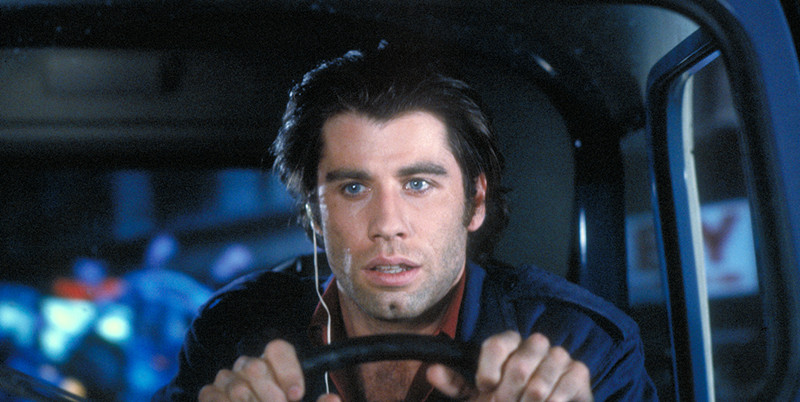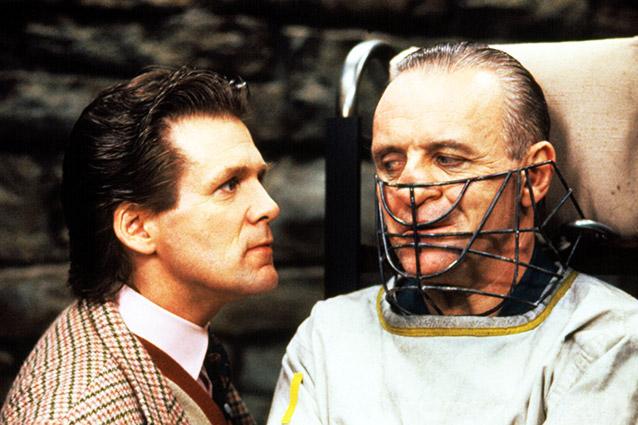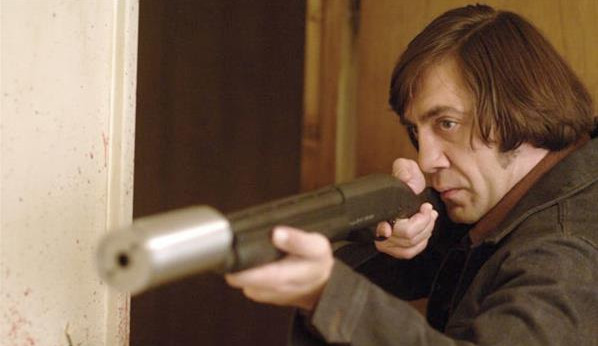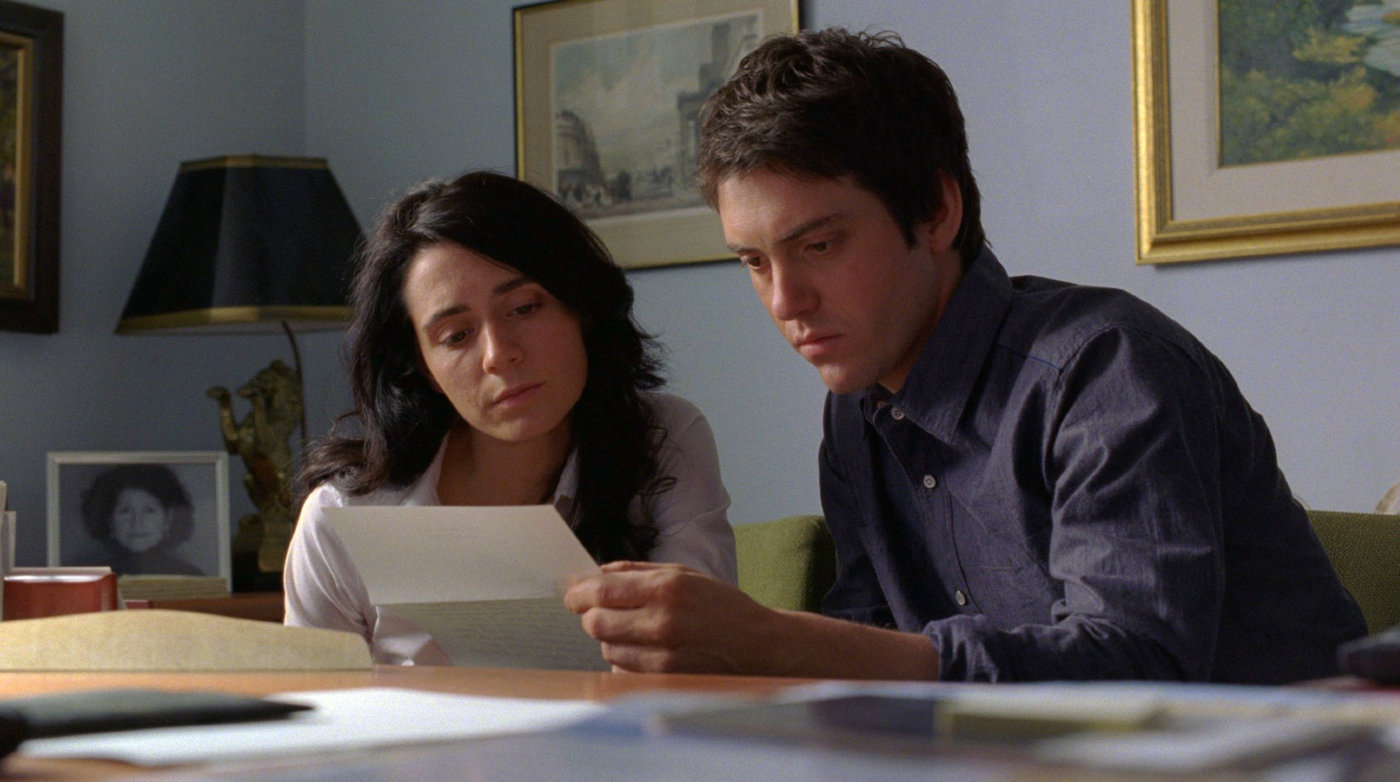6. Blow Out (1981)

Brian De Palma is the biggest enigma of the New Hollywood movement. His works are either ghastly, or they are brilliantly refreshing. De Palma was fixated on a subplot found in Michelangelo Antonioni’s Blowup, where a possible murder is discovered through the development of a photograph in a darkroom.
De Palma’s obsession with cinema turned this story into a full-fledged homage, where a Foley sound technician discovers that a car crash may have been more than just an accident.
Using film tools and editing machines at his disposal, Jack pieces together the mystery one step at a time. This meta display of plot is the literal creation of a thriller film through the most unconventional methods. The imagination here is the bait, and the graphic scenes of murder can come at any corner. You can’t look away, because of how creative the rest of the film is. Blow Out is a hypnotic trance.
7. The Silence of the Lambs (1991)

It says a lot when a disturbing psychological horror has made a home with almost every movie goer in history (even if you don’t care for horror films). Jonathan Demme took what he learned from making music based works (like the incredible Stop Making Sense, centered around live performances by Talking Heads), and created a throbbing pulse within this twisted crime thriller.
A female officer – still in training – is recommended for a difficult task: find a serial killer through another serial killer. Clarice is even mistreated by other members of the force that put her gender and looks ahead of her qualifications (not every moment is appropriate to hit on a coworker); off the bat, we sense a danger.
As the film progresses, we arrive at the breathtaking climax, where Clarice fights against her fears and the world. Sewn together with Hannibal’s cannibalistic tendencies and mind games, The Silence of the Lambs is almost untouchable when it comes to film works that cover every part of the human psyche.
8. No Country for Old Men (2007)

Joel and Ethan Coen are heavily influenced by Billy Wilder, with their obsessions with screwball comedy calamities and noir anxieties. Instead of the city life or landmark areas like Hollywood, the Coen brothers find much to discuss within the quieter parts of the United States.
No Country for Old Men traverses across the southern states, and even dips into Mexico; death can chase after life anywhere. The tension here comes from an everyday man that gets caught up in a crime that is way bigger than he is. We also see a sheriff on his last legs ready to give up his badge, and the final case is the one that eats him alive.
We have such a unique cast of characters in this cat-and-mouse chase: an unstoppable reaper (Anton Chigurh), the scrambling Llewelyn, and the tired Sheriff Bell. Cormac McCarthy’s southern gothic thriller was given the perfect treatment here, because no one represents the forgotten characters like the Coen brothers can.
9. Incendies (2010)

Denis Villeneuve’s familial drama is unrelenting from the very first scene. A pair of twins go searching for information about their recently-deceased mother, and the answers they receive are much more than they bargained for. The deeper these twins dig, the more details of their mother they find (which, in turn, makes their mother’s story more harrowing due to their curiosity).
You don’t think it can get worse, and yet it does. It just keeps getting worse. Nawal Marwan’s story is greatly affected by uncontrollable circumstance, and you know that most of the unfortunate events she endures were unpreventable.
The story alone is so much to take in; knowing that this is being revealed to her two children makes it all sting a lot more. Incendies is a riveting work that is so unforgiving, you might need to take a break afterwards to cool off.
10. A Separation (2011)

We wrap up with Asghar Farhadi’s monumental work on problems arisen from a divorce. The divorce between a struggling couple being announced is the first thing we see. The film takes place in a politically charged Iran, and this husband-and-wife pairing have different ideas of how to go about the situation.
We go back home, and see how life is adapting to this new change. Slowly, things keep getting harder and harder. The first time I saw this film, I never could have imagined a family drama could have made me shaken to my core this much. The deception, trauma, and adversity between characters keep getting stronger and stronger.
By the end, everyone is guilty, and you have to decide who you would side with. It’s not an easy task, but the film literally forces you to pick a side without showing you the “right answer” (there is no right answer, but the film doesn’t even supply an answer at all). A Separation will leave you in the cold after two of the most heart racing hours of cinema.